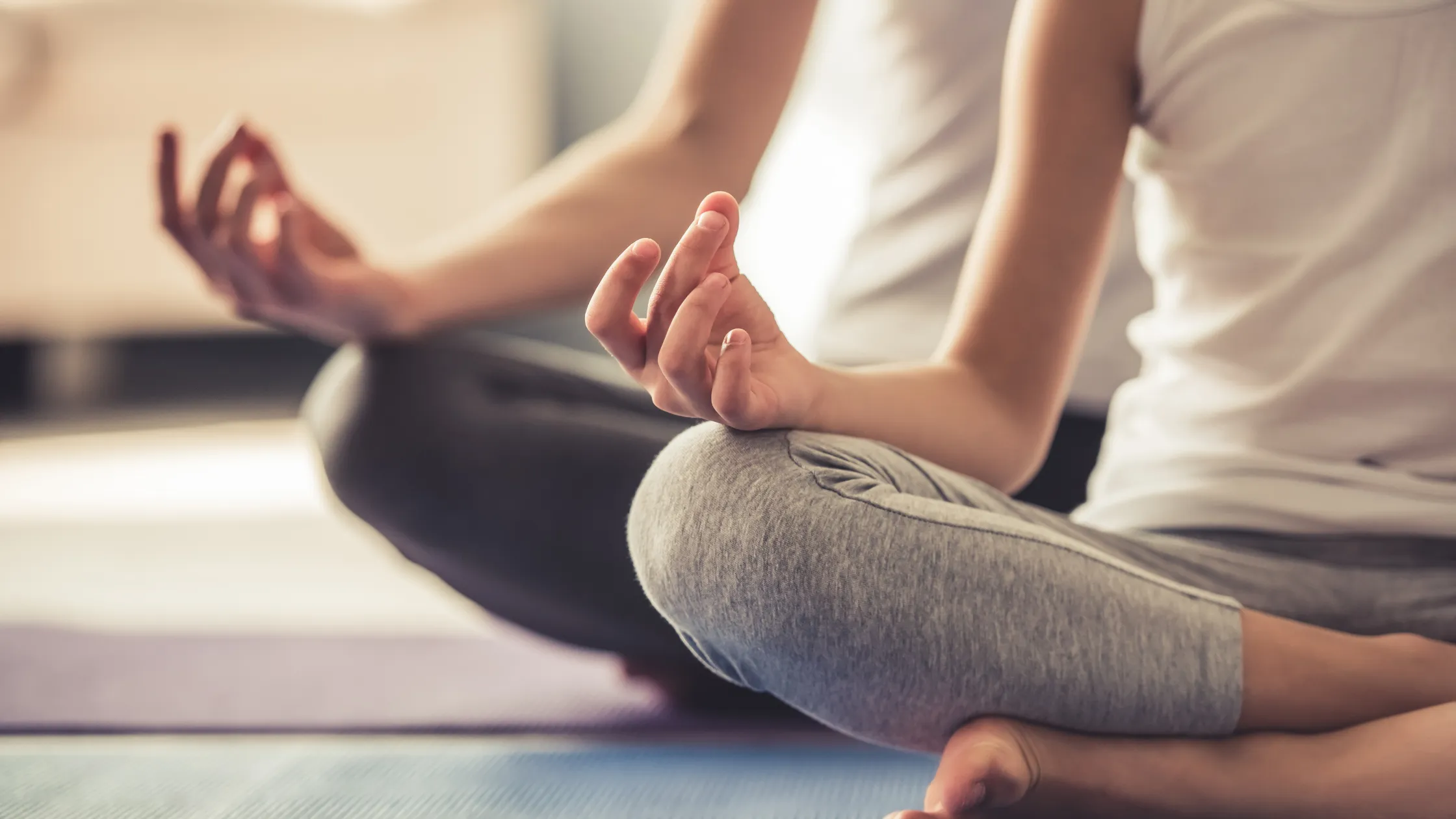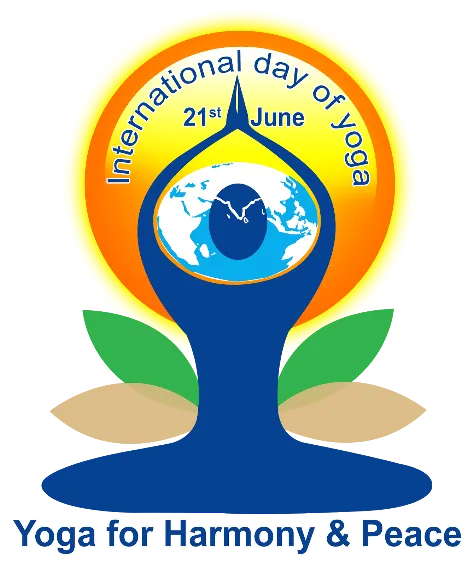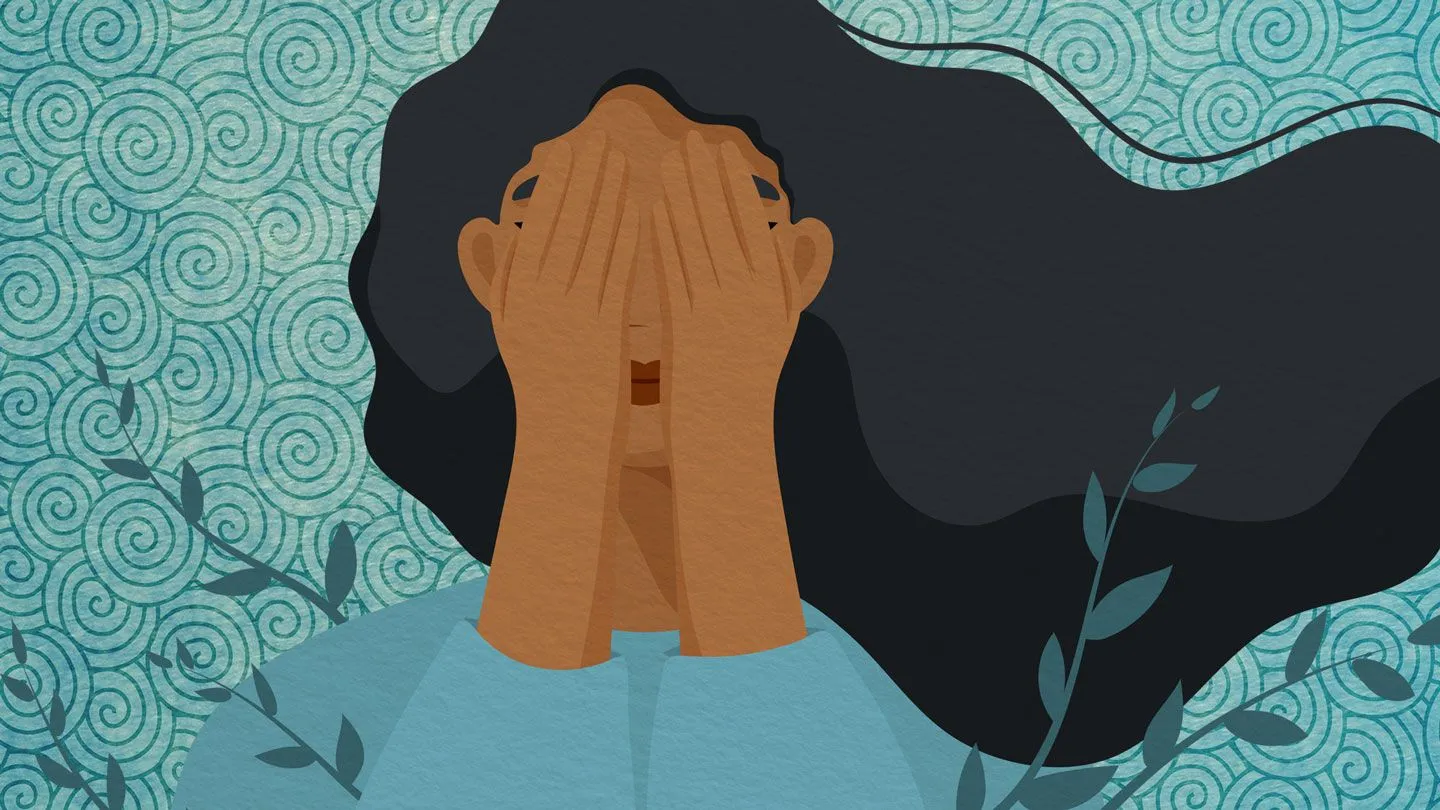In today’s fast-paced world, our lifestyles have become extremely busy and stressful. Pressures from work, family responsibilities, social expectations and constant competition weigh heavily on our minds. While modern technology has made life more convenient, it has also contributed to increased stress and mental health challenges. Among these challenges, depression is one of the most serious and common mental health issues.
What Is Depression?
Depression is not just feeling sad or low temporarily; it is a serious mental illness. It affects a person’s ability to think clearly, feel emotions and function in daily life.
Untreated depression can severely impact social relationships, family life and work.
Signs and Symptoms of Depression
If you notice several of the following symptoms persisting over time, it’s important to seek help:
- Persistent sadness, emptiness or anxiety
- Sleeping too little or too much
- Loss of interest in activities once enjoyed
- Feeling lonely, hopeless or helpless
- Difficulty concentrating or making decisions
- Constant fatigue or lack of energy
- Thoughts of self-harm or suicide
- Withdrawal from friends and family
Causes of Depression
Depression usually arises due to a combination of factors:
Lifestyle Factors
-
Irregular or insufficient sleep
-
Poor diet and lack of physical activity
-
Use of alcohol, smoking, or other substances
Personal Factors
-
Family conflicts or broken relationships
-
Childhood trauma or abuse
-
Genetic predisposition (family history of depression)
Situational Factors
-
Loss of a loved one
-
Serious illness
-
Financial crisis or unemployment
-
Natural disasters or accidents
Professional Factors
-
Work overload or job insecurity
-
Difficulty balancing personal and professional life
Yoga and Its Role in Combating Depression
Yoga is an ancient holistic system that unites body, mind and soul. The Sanskrit word “Yoga” means “to unite” or “to join.” Yoga includes physical postures (asanas), breath control (pranayama) and meditation. It helps reduce stress by balancing bodily energy and calming the mind. Scientific research shows yoga lowers stress hormones, strengthens immunity and fosters positivity.
Benefits of Yoga for Mental Health
- Reduces stress and increases mental resilience.
- Improves decision-making and focus.
- Builds self-confidence.
- Encourages a positive mindset.
- Enhances mindfulness and self-awareness.
Helpful Yoga Postures for Depression
- Sukhasana (Easy Pose):
A comfortable seated position that reduces anxiety and promotes inner calm and security. - Balasana (Child’s Pose):
A restful pose mimicking the fetal position, which provides mental relaxation, reduces anxiety and improves sleep. - Bhujangasana (Cobra Pose):
Strengthens the spine and boosts self-confidence while energizing the body. - Paschimottanasana (Forward Bend):
Releases tension, relaxes the nervous system, steadies the mind and supports emotional stability. - Sarvangasana (Shoulder Stand):
A full-body posture that improves blood circulation and enhances mental clarity and vitality.
Precautions for Yoga Practice
- Never force your body into a posture.
- Consult a doctor or experienced instructor if you have health issues or injuries.
- Start yoga under the guidance of a qualified teacher.
- Warm up gently before practice and relax fully at the end (Shavasana).
- Stop immediately if you experience sharp pain.
- Practice regularly and patiently to gain maximum benefits.
Treating depression effectively requires a combination of medical care, psychotherapy and social support. Combining yoga with modern medical treatments offers a balanced approach to mental wellness.
Yoga, pranayama and meditation are valuable complementary therapies. Even 15-20 minutes of daily yoga can improve mental clarity, emotional balance and confidence. Yoga nurtures self-acceptance, patience and compassion, which aid recovery. However, yoga should complement—not replace—professional medical and psychological care.
Remember: Mental health issues are not a sign of weakness. Seek expert help promptly and include yoga in your lifestyle to live a happier, healthier and stress-free life. If you or someone you know shows symptoms of depression, don’t hesitate to consult a specialist.
Jyotsnaa G Bansal is a Reiki Grandmaster, practicing Numerologist (with published Numerology Research Papers in International Journals), IKS & Vedic Learner & Seeker, Author, Columnist, Researcher, Counselor and Crystals & Spiritual Guide. She has presented Research papers at various Colleges & Universities including DU, CSU, SLBSNSU.























